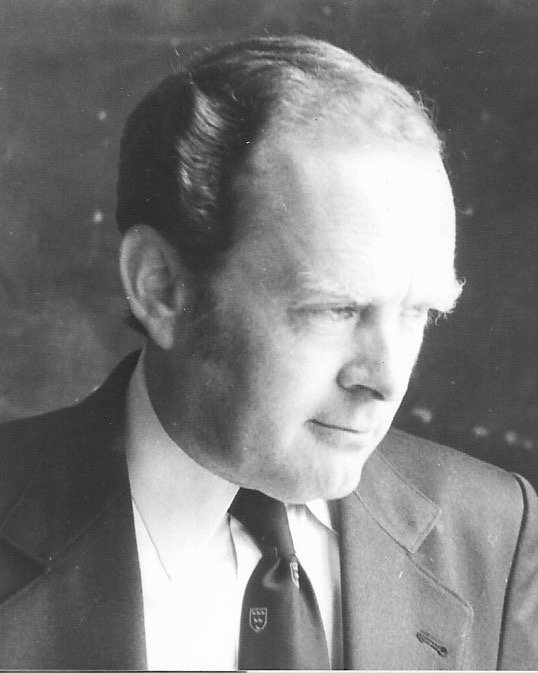70 years on the acting throne
Martin Daniels talks about his 70 years in the business.
I was 15 when I started acting. I was studying for my O’Levels and at that time, I was a member of Manchester's Unnamed Society, run by playwright Frank Sladen-Smith. He gave me the opportunity to play a variety of parts with members who later became well known, people like Doris Speed, Brian Trueman and Ivan Beavis.
The following year, I left Manchester to join Southport Theatre Company, aged 16, to be assistant stage manager and play young parts. After almost a year, I felt I should go to drama school and went to the Central School of Speech and Drama, which in those days was in the Royal Albert Hall.
The experience of Rep and the training at Central tended to clash. And after a year, I left to go back into Rep. I started in the play Reefer Girl at the Theatre Royal St. Helens and followed it with a season in Buxton in 1954, after which I toured in The Seven Year Itch, then Buxton again, and reps in Nottingham, Peterborough, Southport again, Liverpool and Perth. I also did other tours, such as Creep Shadow Creep and The French Mistress.
In London's West End, there were many agents that specialized in repertory. You just walked in, and it was possible to leave with a job somewhere in the provinces. At that time, most provincial towns, particularly in the north, had a repertory theatre. Generally, it was weekly rep where the play changed every week, and sometimes you would play twice nightly. It was hard work, but with the right director it could be worthwhile and enjoyable.
But what does an actor do when there is no work or not the sort of work that you actually want to do? You may become tired of repertory and want to look for a part where you will be seen by influential people, say in the West End or the London Fringe? You stay in touch with other actors.
In the 50’s there was the Salisbury Pub, known as The Actors Pub. Go there and learn who is auditioning and what the possibilities there were for work. It was a great meeting place for actors, particularly at lunchtime. The pub closed at 3 o'clock, so nearby there were places such as the Arts Theatre Club, which had a cafe downstairs, and The Kismet Club, which was just opposite and was popular in the afternoons with actors and had a reputation for police and gangsters. At night-time, there was The Buxton Club opposite the stage door of the Theatre Royal Haymarket, where only actors were admitted, and you could get a good meal. There was The Actors Centre (now Seven Dials Playhouse) that provided an opportunity for actors to do courses and meet each other and learn about what work is available.
A lot has changed over 70 years, and this is my opinion rather than fact, but actors don't see themselves anymore as part of an ensemble company. Prestigious 3 weekly Rep still exists in the larger towns such as Birmingham, Manchester, Liverpool, Nottingham, but weekly commercial rep has virtually gone and there is no longer a theatre in most towns. In the 50s, your fellow actors became your friends. Acting as a profession is now more competitive. Academia has crept in, whereas in the 50s the best actors had a feral quality. The Actor’s Centre was one place where actors could do courses and meet each other; but this is far removed from the cheap, friendly basic premises when it started in Dryden Street. Back then, anybody could drop in and be made welcome. Now, the whole profession has become expensive and exclusive. The camaraderie has gone. Acting was something creative. And something I enjoyed, but most of all, I enjoyed being part of a group, of a company. It was the ensemble aspect of theatre work that attracted me most.
But perhaps it is me that has changed at 85 and still a member of Equity.
CLICK HERE to watch Martin Daniels talk about life in Repertory Theatre during the 50s from our first ever In Conversation event held at Westminster Reference Library in September 2016

